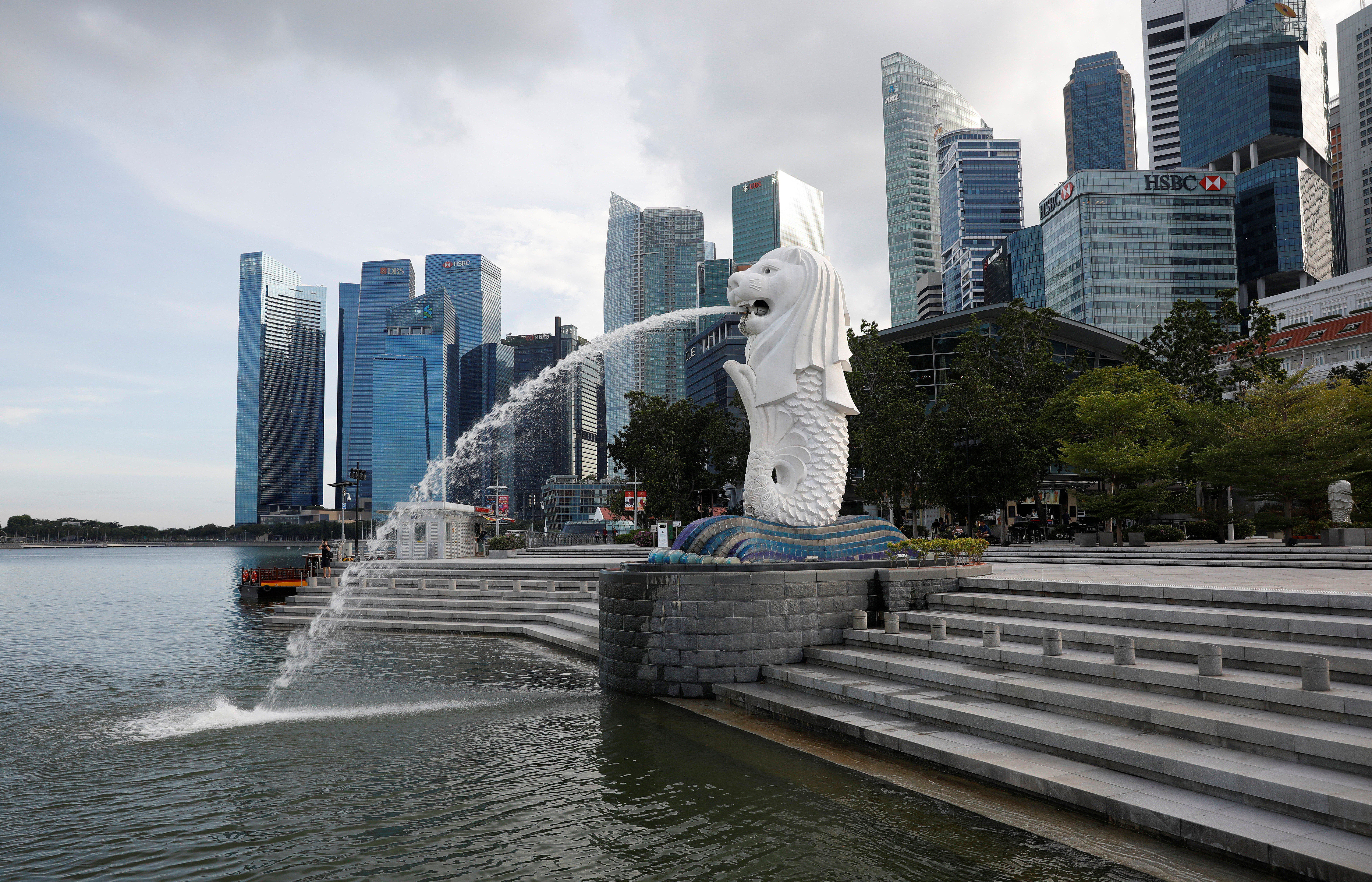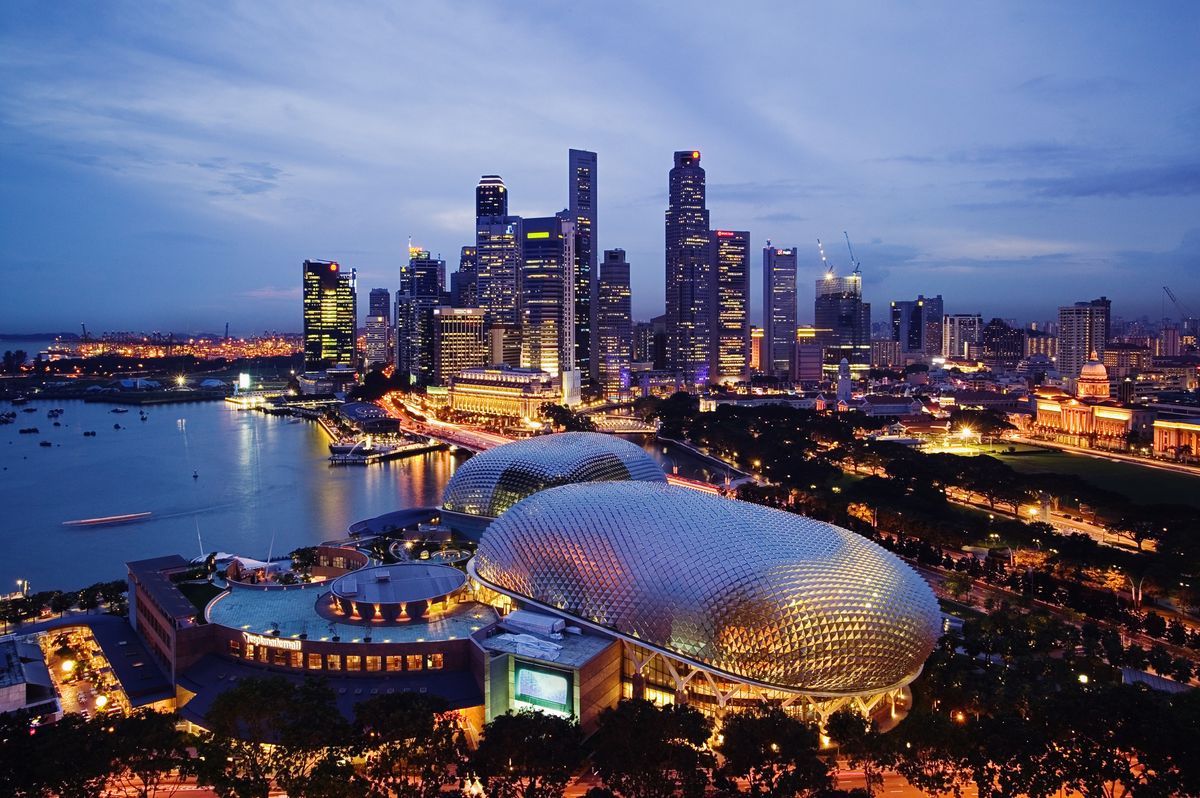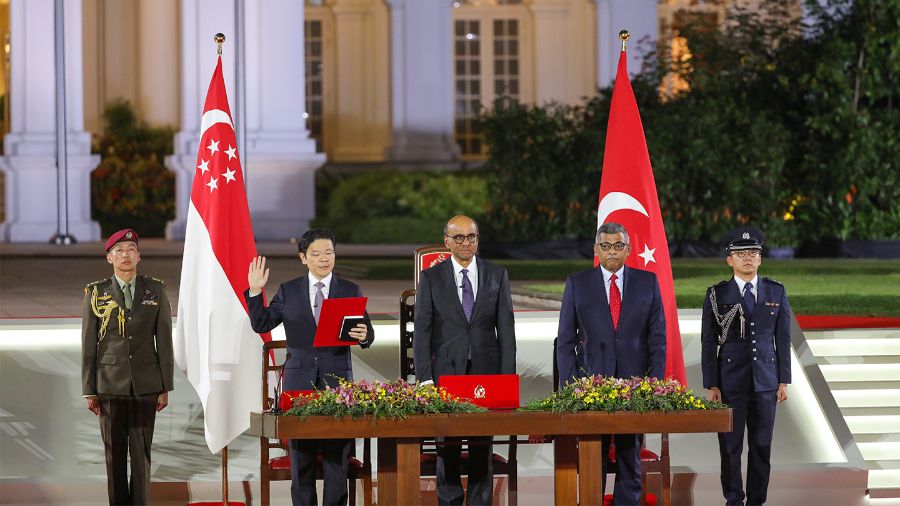



Singapore, a tiny island nation, has achieved remarkable economic success, transforming from a colonial trading port into one of the world’s wealthiest countries. With a GDP per capita surpassing that of the UK, the US, France, and other developed nations, Singapore is a model for developing robust, high-tech economies [b5089d14].
Singapore's journey to economic power began in 1965 under the leadership of its first prime minister, Lee Kuan Yew. Lee laid the foundations for Singapore's future success by establishing a solid financial and legal system, a stable and largely corruption-free government, efficient public transportation, and world-class healthcare infrastructure. In the 1980s, he shifted the focus to finance, liberalizing the financial services industry with lighter regulation. Goh Chok Tong and Lee Hsien Loong, Lee Kuan Yew's successors, continued to attract big businesses and make Singapore an attractive place to live [b5089d14].
Singapore's new prime minister, Lawrence Wong, inherits a nation facing challenges such as housing prices, cost of living, job competition, economic disparity, an aging population, and maintaining competitiveness in a global market. Wong's task is to manage these challenges while ensuring Singapore thrives as a high-tech economy [b5089d14].
Singapore's new Prime Minister Lawrence Wong, who officially assumed the role on May 15th, will be tasked with navigating the country's economic landscape and ensuring continued growth and prosperity. Wong, a member of the People's Action Party (PAP), succeeded Lee Hsien Loong, who served as Prime Minister for two decades [87c72ad2].
In his inaugural address, Wong emphasized the need for a fresh approach and greater accountability in governance. He acknowledged the growing demand for transparency and freedom of speech from the younger generation. Wong's key challenges include immigration, US-China tensions, and the impact of the global geopolitical situation on Singapore's economy. He aims to ensure that foreign professionals add value to the economy while protecting the interests of local workers. Wong also highlighted the importance of stability in the Asia-Pacific region and stated that Singapore cannot escape the powerful cross-currents of the China-US rivalry. Innovative solutions will be required to address these challenges [87c72ad2].
Wong, who entered politics in 2011, has held important portfolios including finance and was the co-leader of the COVID-19 pandemic task force. His experience in these areas will be valuable as he leads Singapore through the recovery from the pandemic and manages the economic impact of the ongoing US-China tensions. Wong's leadership approach will shape Singapore's future direction and its ability to meet the evolving needs and aspirations of its citizens [87c72ad2].
Singapore's economy has become a beacon of stability and economic progress, with a GDP per capita of $88,000. The success of Singapore's economy is attributed to several factors, including openness to trade, geopolitical neutrality, anti-corruption measures, and a meritocratic system. These elements have contributed to Singapore's transformation into a gleaming metropolis with a rapidly growing economy [f5344a3c].
Kishore Mahbubani, a veteran Singapore diplomat, has published his memoirs titled 'Living the Asian Century', in which he explains the principles behind Singapore's successful governance model. He reveals that the 'secret' to Singapore's success can be boiled down to the acronym MPH, which stands for meritocracy, pragmatism, and honesty. Mahbubani also discusses how his international recognition as a public intellectual did not go down well with Lee Kuan Yew, Singapore's founding prime minister. He recounts instances where he was sharply put down by Lee and how his increasing visibility led to tension within the Singaporean establishment [e2f29dc0].
However, Singapore also faces a set of challenges that could impact its economic success. These challenges include geopolitical tensions, protectionism, an aging population, a shrinking workforce, rising healthcare costs, and the effects of climate change. To address these challenges, Singapore has relied on order, cohesion, and a strong state. The 'Singapore model' offers lessons that could help foster economic success in other countries, such as the UK. These lessons include having an efficient legal system, minimal bureaucratic barriers, investment in education and infrastructure, promotion of innovation and industry, and effective policy-making [f5344a3c].
Singapore's heavy reliance on foreign workers has been a topic of concern. While foreign workers have contributed to Singapore's economic growth, there are concerns about their treatment, low wages, and lack of social integration. The COVID-19 pandemic has highlighted these issues, with outbreaks in dormitories and the need for better protection and support for foreign workers [2a37f9c4].
To ensure long-term economic resilience and social cohesion, Singapore needs to shift its focus towards developing a sustainable and inclusive workforce. This includes investing in technology and automation to reduce reliance on foreign labor, improving the welfare and integration of foreign workers, and addressing the underlying problems that contribute to their mistreatment. By taking these steps, Singapore can build a stronger and more inclusive economy that benefits both its citizens and foreign workers [2a37f9c4].